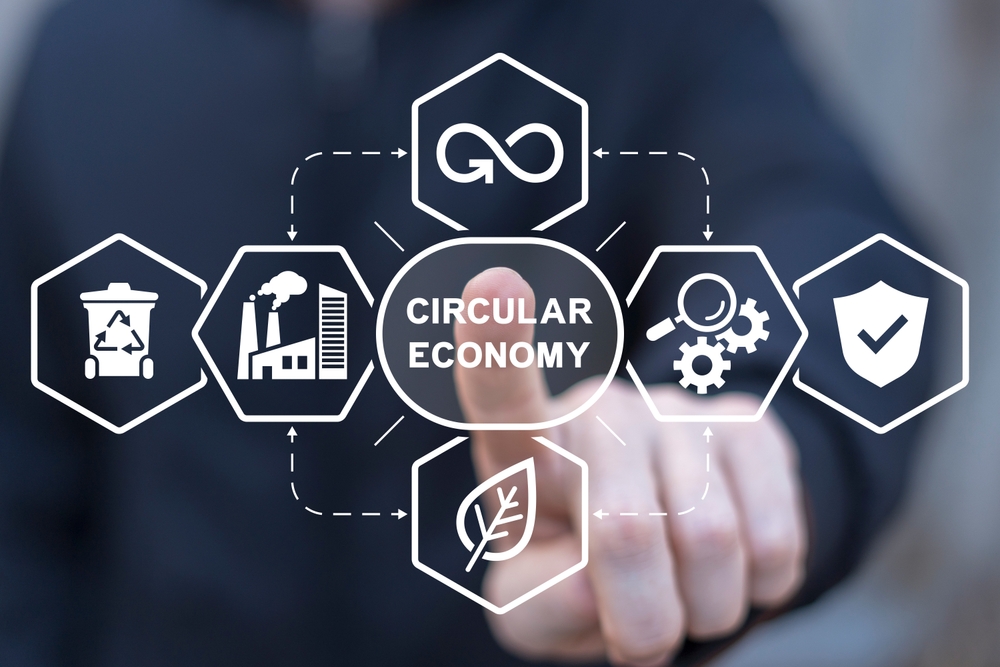Emerging Polymer Grades: Revolutionizing Manufacturing and Sustainability in 2025 and Beyond



Key Highlights:
- European Union: The EU has already banned items like plastic straws, cutlery, and certain food containers under its directive. This pushes manufacturers to shift towards biodegradable or recyclable alternatives.
- Countries like Kenya, Rwanda, and South Africa are leading the way in banning single-use plastics like plastic bags. Kenya’s 2017 ban is one of the strictest in the world, with heavy penalties for offenders. As more nations follow suit, companies must transition toward eco-friendly alternatives.
- United States: Certain states like California and New York have implemented local regulations banning plastic bags and straws, with more states expected to follow.

Companies are investing in advanced recycling technologies, including chemical recycling, which breaks down plastics into raw materials that can be reused.
Bio-based plastics are becoming increasingly popular, with industries exploring materials that can be derived from renewable sources such as plants.
How this impacts the polymer industry:
- Companies are investing in advanced recycling technologies, including chemical recycling, which breaks down plastics into raw materials that can be reused.
- Bio-based plastics are becoming increasingly popular, with industries exploring materials that can be derived from renewable sources such as plants.

While these regulatory trends pose challenges to traditional plastic manufacturing, they also open doors for innovation. Polymer companies are beginning to adopt more sustainable practices and invest in research and development to create eco-friendly products. For example, recyclable high-performance polymers, plant-based plastics, and advanced sorting and recycling technologies are gaining traction as companies shift to meet new compliance standards.
At Somochem, we are dedicated to staying at the forefront of these changes, offering a wide range of polymers and chemicals that comply with both current and future regulations. Our products meet the highest environmental standards, ensuring our clients receive materials that are both high-quality and sustainable.
As global regulatory frameworks tighten around plastic usage and sustainability, the polymer industry must adapt. The push for reducing single-use plastics, embracing circular economy practices, and minimizing carbon emissions is forcing manufacturers to innovate and rethink their production processes. At Somochem, we are committed to helping our clients navigate this new landscape, ensuring that they stay compliant and competitive while fostering sustainable growth.
To learn more about how we can support your business in meeting new regulatory standards, contact us today or explore our product catalogue designed for a sustainable future.